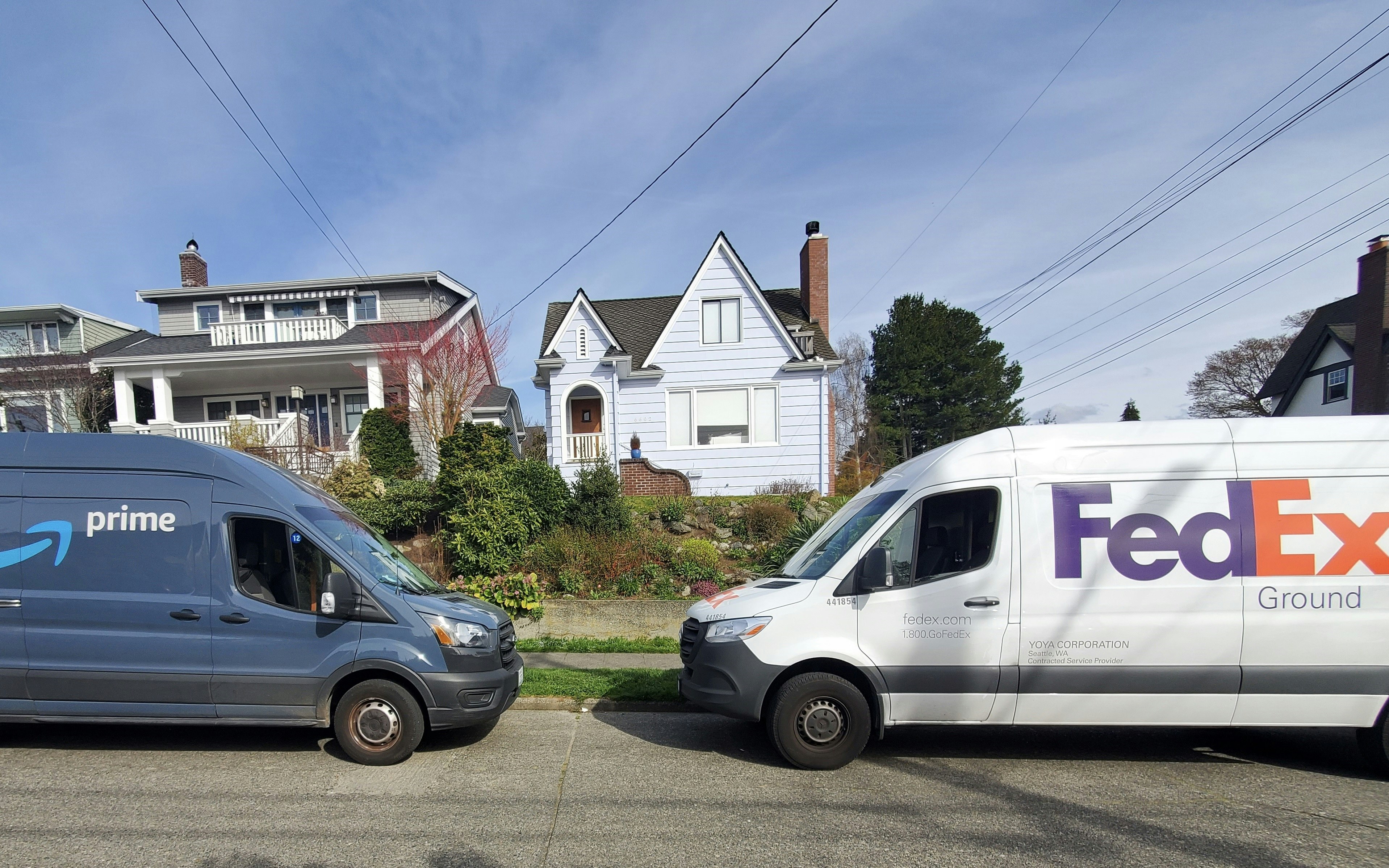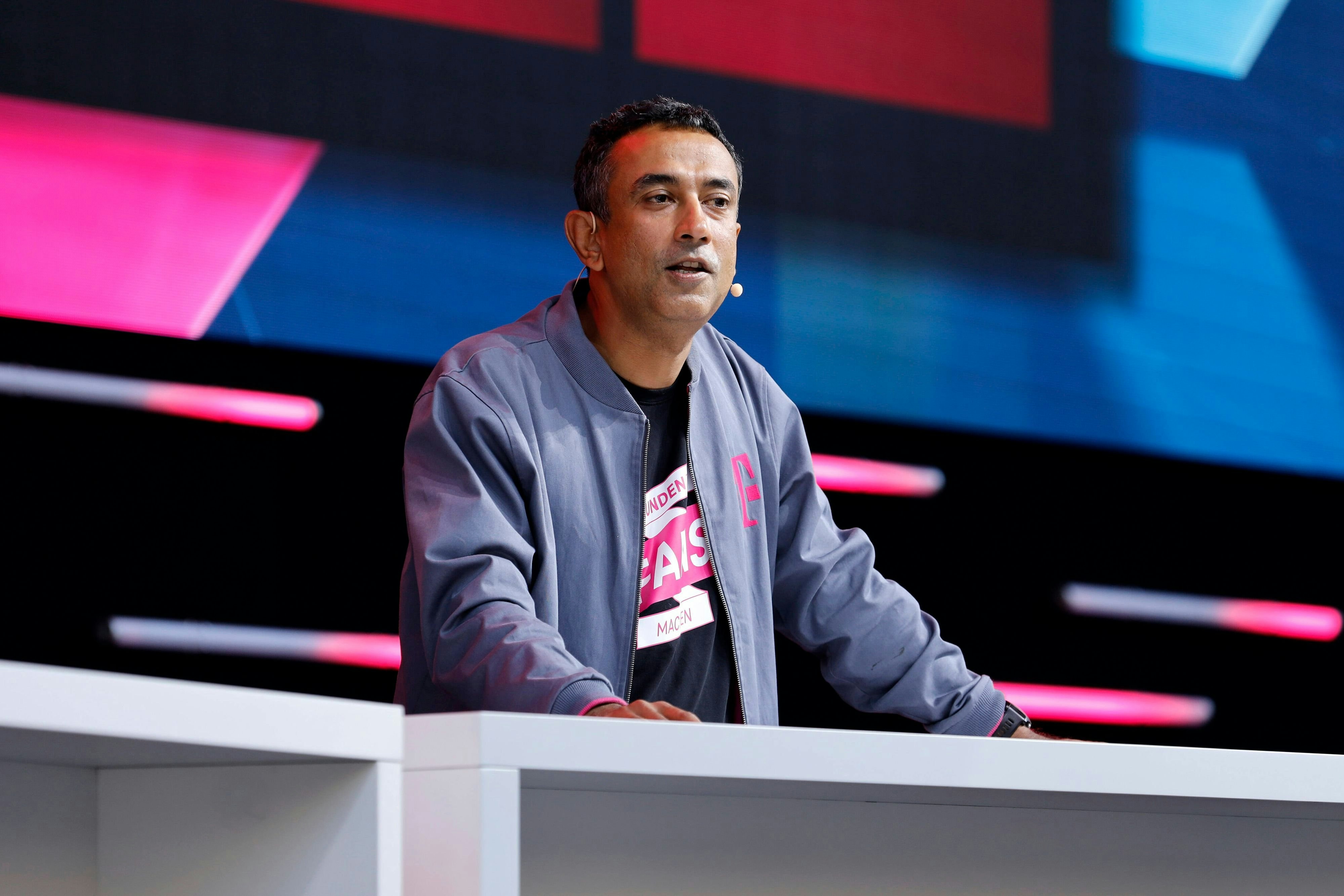Amazon, the leading e-commerce giant, has established an impressive market-leading position that very few competitors can reach. However, this could soon change as FedEx enters the game with its own e-commerce platform, aiming to compete with Amazon.
The renowned package delivery company from the USA recently announced that it will be building its own digital platform called "fdx," which offers end-to-end solutions for electronic commerce. The company emphasizes that fdx is intended for business use and not for end consumers.
Furthermore, it does not aim to build its own marketplace, but rather to enable customers to have an individual customer experience. Christina Meek, Global Relations Manager at FedEx, explains in an email to The Verge that the platform will cover a wide range of solutions for the online business "customer journey".
This Should Support Companies of All Sizes and Help Them to Acquire New Customers, Increase Conversion Rates, Streamline Fulfillment Optimization, and Make Returns More Effective.
For FedEx CEO Raj Subramaniam, the introduction of the fdx platform marks a significant milestone in the company's history. He explains, 'FedEx is evolving into a digitally-driven company that leverages its extensive physical transportation network, while also utilizing its scale and insights from handling 15 million packages per day. With fdx, we will strengthen our long-standing relationships with retailers of all sizes and help them optimize and expand their businesses with the help of digital information.'
Although fdx is currently only available as a pilot program for interested merchants through the FedEx website, the official launch is planned for Autumn 2024.
A specific date, however, has not yet been announced.
The platform should unify the entire range of FedEx offerings for retailers in one place and, in addition to the mentioned advantages, also enable them to track their deliveries in almost real time and receive information about the carbon emissions caused.
With this step, FedEx tries to assert itself against Amazon's e-commerce business. In the past, a rivalry between the two US companies became apparent when Amazon started building its own delivery service to take control of the distribution infrastructure for its products.
In response to this, FedEx let the contracts for the delivery of Amazon products expire in 2019. However, just one month later, the ban on third-party sellers using FedEx as a delivery service for Prime deliveries during the holidays was lifted again, as there had been a decline in performance before.
In 2020, FedEx acquired the online retail marketplace ShopRunner without specifying the purpose of the acquisition. Now, FedEx is benefiting from the technology and expertise of ShopRunner in the development of its e-commerce platform.
According to Daniel Kline from TheStreet, it is extremely difficult for other companies to compete with industry giant Amazon, as it has built a gigantic infrastructure over the years that can only be duplicated with considerable effort.
Kline argues that no new competitor has the possibility to repeat what Amazon has already achieved, due to the enormous network of distribution centers, warehouses, and delivery fleets of the e-commerce giant.
The only competitors capable of catching up with Amazon are companies that already have a huge infrastructure network, such as the US retail giant Walmart, which is often referred to as Amazon's fiercest competitor.
This also seems to have been recognized by FedEx and therefore sets itself the goal of catching up with Amazon. It remains to be seen whether the package delivery service will have long-term success with it.






